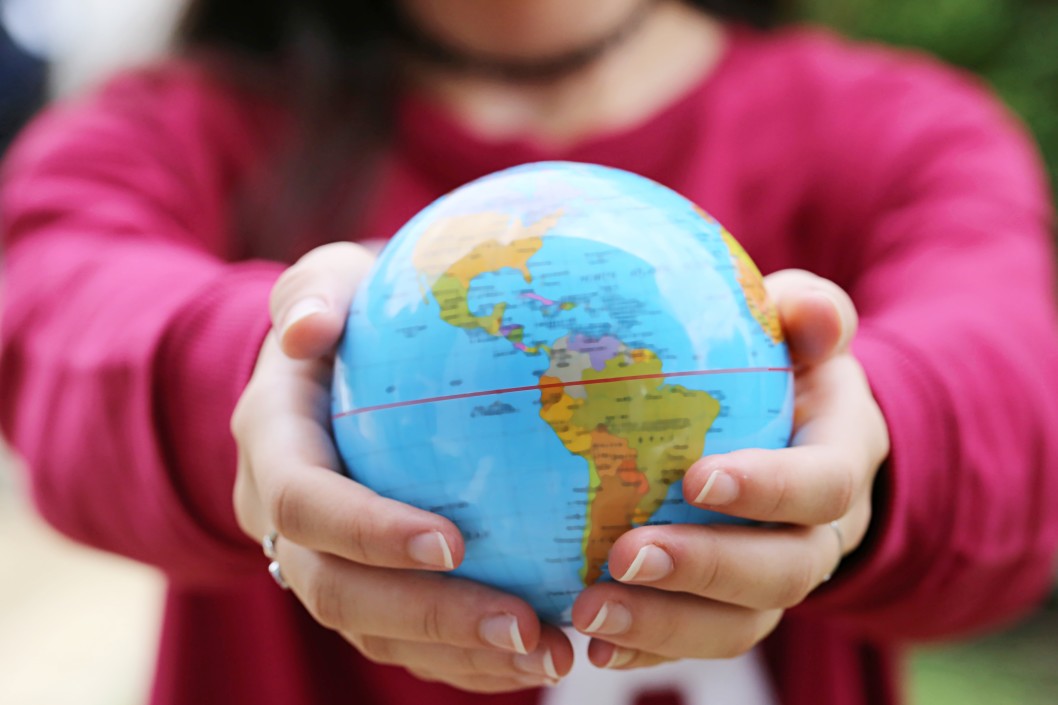It irks me that a dominant narrative about why Millennials don’t grow up is “the economy made them do it.” Millennials themselves believe this. About a fifth of them told Pew Forum pollsters they’ve delayed marriage and having children because of the economy. Between one-quarter and one-third (depending on the age group) of young people have moved back in with their parents.
Every time I have wanted to whine lately about how hard life is, the best way for me to get over myself is to remember what life was like for my parents and grandparents or historical figures I admire.
Let’s contrast complaints I’ve heard recently (from myself or friends) with complaints people could have made 100 years ago. These are all true summaries, if not verbatim:
- Someone I know who has been out of work for three years: “I don’t really want to take that job in my field because I’d have to drive 40 miles to it every day. So I decided to keep looking.”
- Me: “It’s not really fair everyone else can network and have fun all they want, and I can’t do anything because of the kids.”
- Young protesters from Brazil to Greece: “We don’t care if no one has money—pay for our university educations because we want them.”
- Friends overwhelmed with college debt: “I don’t really want to work a full-time job out of my field so I won’t work at all until I find one” and “we’ll never get summer vacations again so who cares how much they cost.”
- Family member: “Everyone else has nice cars and vacation houses when they’re 50 years old. I deserve that.”
- Georgians: A quarter of the state’s young workers are unemployed, and nearly 9 percent of their entire labor force is unemployed, but farmers can’t get people to pick crops despite offering up to $20 an hour.
- My dad, the farmer: He worked sunup to sundown outside in sweaty heat, freezing cold and rain, next to flies and loud machinery. Constantly physically tired. Raised seven kids, paid for their college educations, and owns his own land.
- My mom’s mother: She worked in a Detroit canning factory before she met my grandpa and had five kids. He worked long hours busting up drug dealers outside of Detroit.
- My dad’s brothers and sisters: They all grew up picking pickles and grading potatoes as soon as they could lift ’em. They all worked hard and long for decades and, now at retirement, face a rather pleasant life.
- Megan McArdle: She was unemployed for about two years, and has openly shared what a devastating experience it was for her. But, now, look … she’s Megan McArdle. She’s not the only struggling writer who made it, either.
- President Harry S. Truman: He didn’t go to school until age 8, and he didn’t go to college. He grew up working the family farm, woke every morning at 5 a.m. to practice piano, and after college took a low-paying clerical job at the railroad, frequently sleeping in “hobo camps.” (See, OWS-ers, there’s hope for you yet.) His bootstrap story is quintessentially American, because so many other presidents and prominent leaders, as well as regular folks like you and me, followed a similar pattern.



